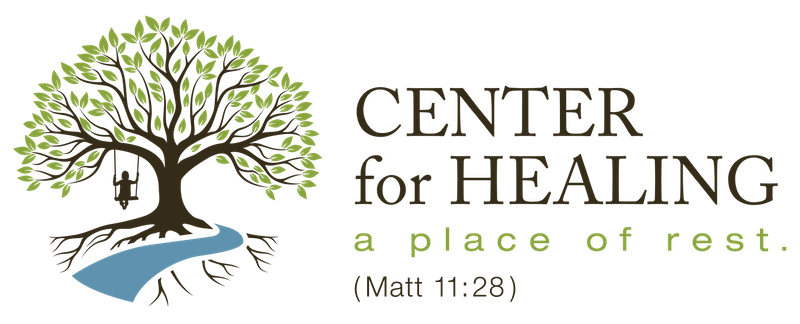
I attended a wedding recently where I was able to spend time with both the bride’s and the groom’s family in the days of preparation leading up to the start of their marriage. Seeing the very different ways in which the two families managed the conflicts which arose (unavoidable when planning an event for 200+ people) reminded me of the challenges many couples face when they attempt to solve a problem with often opposing strategies. Throughout the wedding preparations, both families had a mutual goal of supporting the engaged couple and welcoming their extended family and friends in order to celebrate the beginning of the new marriage. However, the tasks prioritized and the steps taken towards achieving that goal varied greatly between the two families. Similarly, it’s not uncommon for couples to get married in agreement on their fundamental life goals and values - To treat each other with love and respect, to raise well-adjusted and faithful children, to support each other’s career aspirations- only to discover that they may have vastly different views on how to actually carry out those goals. When conflicts inevitably arise, they may struggle to understand each other’s approach towards resolution of the issue. I notice this pattern more frequently in couples who are within the first few years of their marriage, but it can continue to be a source of frustration in lengthier marriages if not addressed.
One of the ways to promote understanding when this is a problematic pattern within marriages (and as a preventive tool for dating or engaged couples), is to explore the ways in which each spouse’s parents managed conflict and stressful situations during their respective childhood years. I ask clients to reflect on specifics of the dynamics they witnessed between their parents. Did your parents talk through concerns directly with each other? Were concerns dealt with immediately upon arising or delayed until they began to escalate? Did one parent have a more dominant role in resolving problems or was there mutual involvement? Did their discussions result in explosive arguments or tense silence and avoidance of each other? Did they discuss their problems with other family members or friends? Or was there a strong emphasis on privacy during conflicts? For a couple, asking each other these questions can provide insight regarding their current methods of resolving conflict as well as their unspoken expectations of each other during a conflict. Even if a client’s response is that he never saw his parents disagree, this provides an important clue about what he might be expecting (or rather not expecting!) from his spouse. When reflecting on these dynamics, it is important to have an attitude of curiosity about your spouse’s family and not an attitude of judgment. Although there are certainly healthy and unhealthy ways of resolving conflict, couples first need to compassionately understand the influence of each other’s parents before they can begin to determine the appropriateness of this influence.
In his book, Things I Wish I’d Known Before We Got Married, Gary Chapman devotes a chapter to the strong influence of parents entitled “That the saying: “Like mother, like daughter” and “Like father, Like son” is not a myth.” He explores genetic and learning factors which contribute to the likelihood of resembling our parents in multiple ways. He also offers hope to those who witnessed abusive or unhealthy dynamics between their parents and do not want to repeat those patterns in their own marriages, stating, “They are, in fact, most likely to adopt those behaviors - unless conscious attention is given and positive steps taken to keep the adult from drifting into the patterns they observed in childhood” (Chapman, 38). Finding healing from the impact of witnessing unhealthy relationship conflicts is possible once you are ready to begin the work involved. For couples, reflecting on and understanding each other’s parents’ approach to conflict can be a first step towards developing their own complementary style of managing conflict.
Peace, Mary Rhea MA, LPC, NCC

